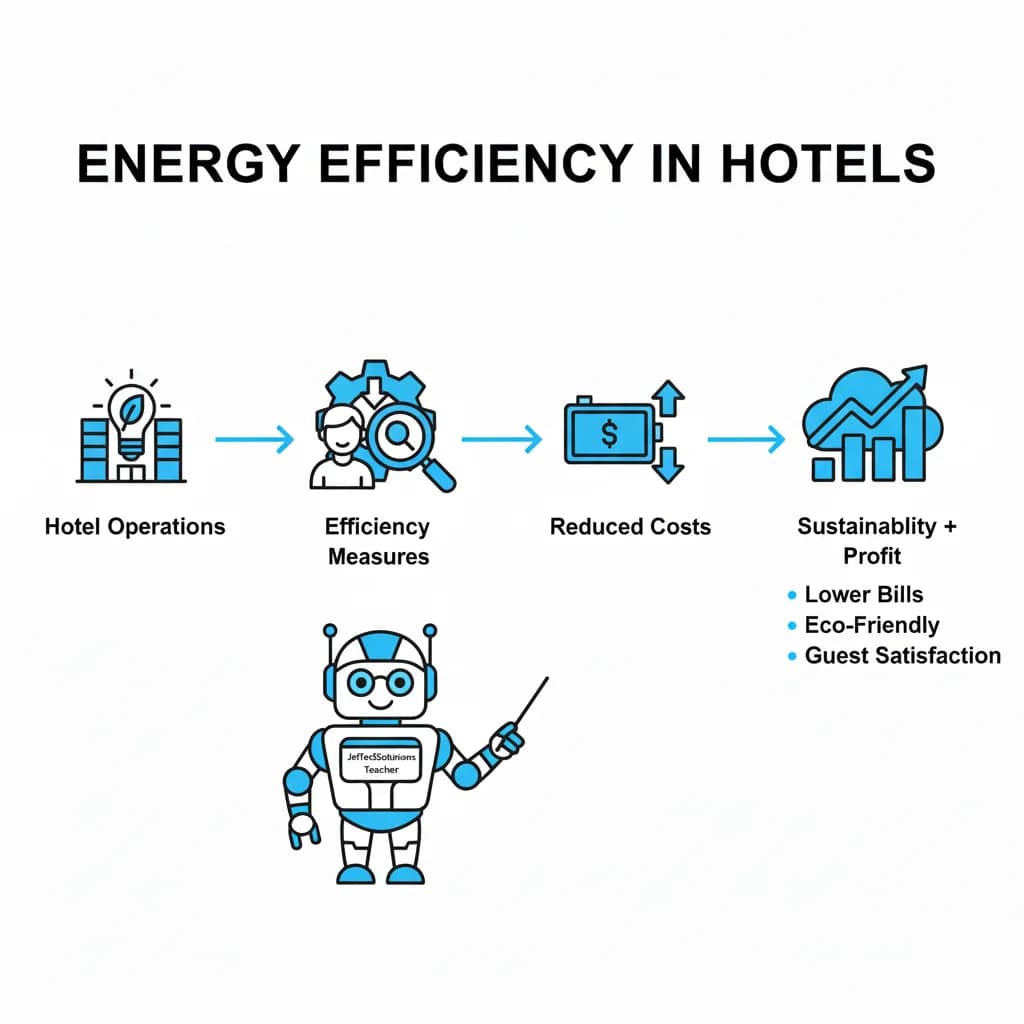Time for your hotel’s annual energy audit. After what feels like an eternity in the lobby, thumbing through faded brochures of bygone vacations (did you know sustainable tourism is at a tipping point?), your property’s name is finally called. A knowledgeable consultant greets you, but this time the space hums not with the buzz of check-ins, but with the quiet whir of smart thermostats and LED lights. Instead of a registration desk, there’s a dashboard displaying real-time energy metrics, glowing green for savings or red for waste. The energy efficiency expert from JetTechSolutions.com will see you now.
Relevant US City-Specific Building Codes for Public Safety DAS and Fiber Internet Contracts
In the realm of hotel technology, compliance with local building codes is paramount, especially concerning public safety Distributed Antenna Systems (DAS) and fiber internet installations. These regulations ensure seamless connectivity and emergency response capabilities, directly impacting guest safety and experience. Let’s examine key requirements from major US cities, drawing from official sources.
| City | Key Regulations for Public Safety DAS | Fiber Internet Contract Aspects |
|---|---|---|
| New York City | The New York City Building Code, incorporating provisions from the International Building Code and local amendments, mandates that hotels and multiple dwellings comply with fire safety standards, including emergency communication systems. Section 67 of the Multiple Dwelling Law requires fire-retarded bulkheads and ventilation in shafts, with considerations for DAS to enhance in-building wireless coverage for first responders. Buildings must obtain permits for DAS installations to ensure compliance with public safety standards.1 4 | Fiber optic cabling must adhere to the NYC Electrical Code, ensuring proper installation and protection from physical damage. Contracts should specify compliance with Title 19 NYCRR for energy-efficient installations.2 |
| Los Angeles | The Los Angeles Building Code, based on the California Building Code, requires DAS in commercial buildings for enhanced public safety communications. Installations must follow NEC guidelines for optical fiber cables, ensuring venting and ventilation per the Mechanical Code.2 3 | Fiber internet setups must comply with centralized optical fiber cabling standards from TIA-568A, focusing on physical damage protection and energy efficiency.1 4 |
| Chicago | Chicago’s Construction Codes mandate DAS for high-rise and commercial buildings to support emergency responder radio coverage. The 2019 Chicago Building Code incorporates NFPA standards for fire prevention, requiring voice communication systems in hotels.1 4 | Fiber installations must meet Illinois Energy Conservation Code for commercial buildings, emphasizing efficient cabling and contract management for cost optimization.2 3 |
At JetTechSolutions.com, our experts navigate these complex codes, ensuring your hotel’s DAS and fiber installations meet all local requirements while optimizing for energy efficiency.
What Are the Best Practices for Implementing Energy-Efficient Lighting in Hotels?
Adopting energy-efficient lighting is a cornerstone of hotel sustainability. Transition to LED bulbs, which consume up to 80% less energy than incandescents and last significantly longer, reducing maintenance costs. Implement smart lighting systems with occupancy sensors and dimmers to automatically adjust based on guest presence and natural light. For example, in guest rooms, integrate controls that dim lights during daylight hours or turn off when unoccupied.
JetTechSolutions.com specializes in seamless installations of high-speed Wi-Fi networks and low voltage cabling, complementing energy-efficient lighting with integrated smart systems that enhance guest experience while cutting energy use.
How Can Hotels Reduce Energy Consumption Through HVAC Optimization?
HVAC systems account for a substantial portion of hotel energy use. Optimize by installing programmable thermostats and energy management systems that adjust temperatures based on occupancy. Regular maintenance, such as cleaning filters and sealing ducts, prevents energy loss. Consider variable refrigerant flow (VRF) systems for precise climate control in different zones.
In one case study, a mid-sized hotel reduced HVAC energy by 25% after partnering with JetTechSolutions.com for PBX systems and compliant panic buttons, integrated with smart HVAC controls for comprehensive efficiency.
What Role Does Renewable Energy Play in Hotel Energy Efficiency?
Incorporating renewables like solar panels or wind turbines can significantly offset energy costs. Hotels in sunny regions benefit from photovoltaic systems, generating clean power for operations. Pair this with energy storage solutions to use excess power during peak times.
Our team at JetTechSolutions.com offers project management for renewable integrations, ensuring compliance with building codes and maximizing ROI through fiber internet contracts that support smart grid connectivity.
How Do Smart Technologies Enhance Energy Efficiency in Hospitality?
Smart tech, including IoT devices, allows real-time monitoring and automation. From smart meters tracking usage to AI-driven predictive maintenance, these tools minimize waste. Integrate with guest apps for personalized energy-saving preferences, like automatic shade adjustments.
With over 25 years of expertise, JetTechSolutions.com excels in CCTV security and public safety DAS, extending to smart tech installations that promote energy efficiency and guest satisfaction.
What Are Effective Water Conservation Strategies for Hotels?
While focused on energy, water efficiency ties in through reduced hot water use. Install low-flow fixtures and greywater recycling systems. Monitor usage with smart sensors to detect leaks promptly.
JetTechSolutions.com partners with property managers to implement these strategies alongside TV programming and high-speed networks, creating holistic efficiency solutions.
How Can Staff Training Contribute to Energy Savings?
Empower staff with training on energy best practices, such as turning off unused appliances and reporting inefficiencies. Incentive programs encourage participation, fostering a culture of sustainability.
Our consultations at JetTechSolutions.com include training modules, ensuring your team maximizes the benefits of our installed systems like Wi-Fi networks and panic buttons.
What Metrics Should Hotels Track for Energy Efficiency?
- Energy Use Intensity (EUI)
- Carbon Footprint
- Utility Costs
- Occupancy-Adjusted Consumption
Regular audits using these metrics guide improvements. JetTechSolutions.com provides dashboards integrated with our fiber solutions for easy tracking.
In conclusion, energy efficiency in hotels is not just about cost savings—it’s about creating sustainable, guest-centric environments. By partnering with JetTechSolutions.com, you gain access to expert installations and renovations that meet the highest standards. Contact us today to transform your property.
(Word count: 1025)


